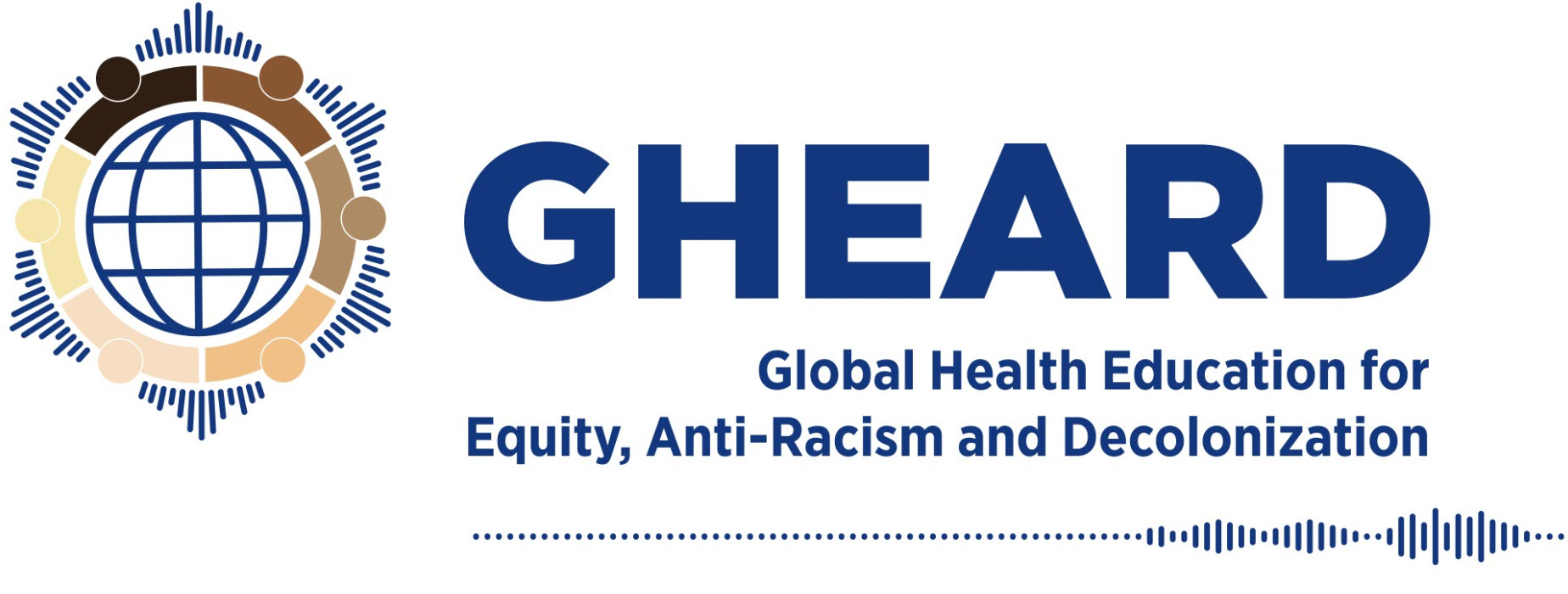“Education…is the practice of freedom, the means by which men and women deal critically with reality and discover how to participate in the Transformation of their world.”
Paulo Freire
“My silences had not protected me. Your silence will not protect you.”
Audre Lorde
What is GHEARD?
GHEARD is Global Health Education for Equity, Anti-Racism and Decolonization. It is a modular curriculum for global health trainees and providers that is being published by the American Academy of Pediatrics with collaboration from the Association of Pediatric Program Directors and the Consortium of Universities for Global Health. It was created by a diverse, large author group with representatives across the education spectrum and around the world.
GHEARD seeks to prompt critical reflection and analysis and create important (and sometimes uncomfortable) conversations across global health training spaces around inequity, racism, systems of oppression and structural violence, and the legacies of colonialism and neo-colonialism on the field by highlighting unHEARD and under-represented voices and perspectives in global health. The hope is that by informing and empowering global health trainees and providers about the complex history of the field, ongoing global health inequities, and critical consciousness of one’s own power and positionality, that they will be empowered to join together to work toward a more equitable, decolonized field of global health. The ultimate goal is to center the voices of our expert colleagues in resource-constrained communities and to empower global health trainees and providers from resource-wealthy settings to work alongside their expert partners to reimagine and work toward a world where all children and their families have access to the health care and basic services they need to thrive.
GHEARD is made up of eight modules
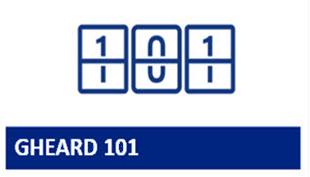
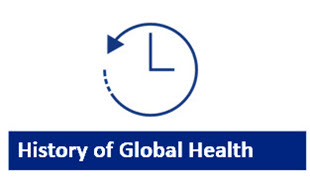
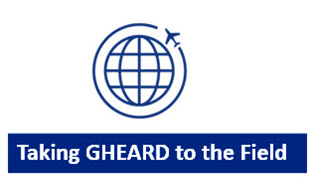
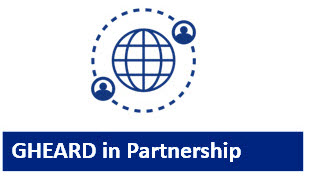
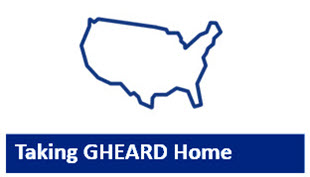
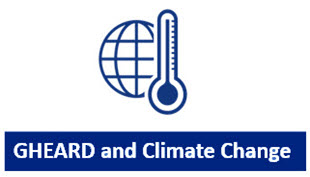
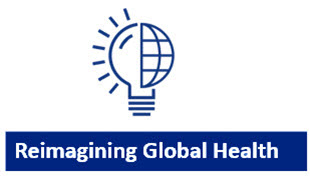
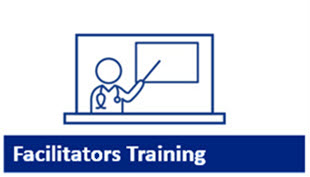
Each module can stand alone and be done in any order. However, we recommend starting with activities form GHEARD 101 and saving the final Reimagining GHEARD till after completion of GHEARD 101 and at least one other module. Below are more recommendations for GHEARD implementation.
Who is the intended audience for GHEARD?
The intended audience for GHEARD is global health trainees and providers from historically colonizing regions (e.g., North America, Europe, etc.). The spirit of GHEARD is to elevate unHEARD voices from resource-constrained and resource-denied communities and to empower critical reflection from global health trainees from resource-wealthy contexts. This is not to say that trainees and providers in resource-constrained communities cannot participate in GHEARD. It is to say the GHEARD community recognizes the burden of educating resource-wealthy global health trainees about colonial legacies and present inequity has often fallen disproportionally on resource-constrained partners who host trainees from North America/Europe/etc for short term electives. GHEARD is an attempt to shift that burden to educators in colonizing regions with educators in resource-constrained regions serving as consultants when their time allows.
Who can facilitate GHEARD?
We recommend that all educators wanting to implement GHEARD at their institution or organization participate in a GHEARD facilitator training regardless of global health and/or diversity education experience level. You can learn more about facilitator training here.
How can GHEARD be used and implemented?
The GHEARD curriculum includes 25-30 hours of curricular activities, which can be modified and customized for each institutional setting. It could be offered in a concentrated block, or longitudinally across years of a training program. While we hope that global health educators will use the curriculum in its entirety, educators can also select modules and activities that meet the needs and interests of their programs.
We have created an expanded table of contents for each module with information on each activity to help educators plan local implementation of GHEARD. We also offer suggestions for different levels of medical trainees, integration with DEI programs, inclusion of global health partners and agendas and suggested curriculum curation for different time lengths.
Has GHEARD been peer reviewed?
Yes. GHEARD has been peer reviewed by 20+ global health educators, scholars and trainees in the Fall of 2021. The GHEARD author group took the comments and revised the curriculum.
Has GHEARD been beta tested?
Yes. GHEARD has been beta tested at multiple meetings, training programs in both in-person and virtual settings in 2021-2022. Below is a summary of beta testing:
Beta Tests for GHEARD:
- APPD Pre Conference: March 2021
- University of Utah SURGE Course: April 2021
- Baylor College of Medicine Global Health Course: July 2021
- Cincinnati Children’s Hospital Medical Center Pediatric Residents Boot Camp: October 2021
- University of Louisville Global Health Track: Fall 2021
- Boston Children’s-University of Minnesota Decolonization Curriculum: Sept 2021-March 2022
Additional Activity Specific Beta Tests:
- Indigenous Health Cases and Didactic: Cincinnati Children’s Hospital Medical Center Nov 2021
- Intersectionality Activity: Midwest Consortium for Global Health September 2021, Colorado Children’s Global Health Pathway
- Word Soup: Lurie Children’s Global Health Track: Fall 2021, AAP Global Health
- Education Course, Children’s Hospital of Philadelphia Pediatric Global Health Pathway
- Climate Module: Children’s Healthcare of Atlanta/Emory School of Medicine
- Pediatric Global Health Track
- Research Cases (Partnership Module): MIGHTY Webinar
Last Updated
03/29/2023
Source
American Academy of Pediatrics
